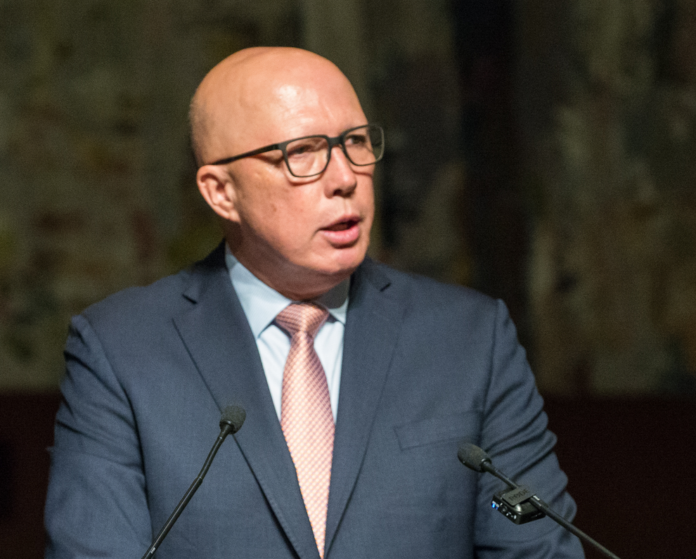The inquiry aims to evaluate the viability of nuclear energy amid hopes of exposing shortcomings in the Coalition’s plans
In a surprising move, the Australian Labor government has announced a parliamentary inquiry into the potential deployment of nuclear power, igniting hopes for a comprehensive and open discussion about the technology. This initiative comes as the Coalition has been under pressure to clarify its stance on nuclear energy, with the inquiry expected to report by April 30.
The government-dominated House of Representatives committee will investigate various aspects of nuclear power, including the feasibility of small modular reactors. This inquiry marks a significant shift from the current federal government’s position, which has largely dismissed nuclear energy. Energy expert Tony Wood from the Grattan Institute welcomed the decision, stating, “Anything that begins to open up an adult conversation about nuclear power is a good thing.” He emphasised that a thorough examination of the technology is preferable to the government’s previous attempts to downplay its potential.
Labor’s initiative aims to scrutinise the opposition’s plans, which have been shrouded in ambiguity for over two years. The Coalition, led by Peter Dutton, has now indicated a willingness to engage in the nuclear debate. Dutton recently unveiled his party’s nuclear power policy, suggesting that it could provide a more substantive alternative than the government’s dismissive approach. “In some ways, it’s better than what the government was doing, which is pooh-pooh the whole thing,” Wood remarked.
Embed from Getty ImagesThe parliamentary inquiry will delve into critical issues surrounding nuclear power, including deployment timelines, uranium transportation, supply and storage capabilities, enrichment processes, environmental impacts, and the overall costs associated with electricity affordability. Labor hopes the inquiry will fill the information void left by the Coalition’s repeated delays in unveiling its nuclear policy and economic modelling.
The push for the inquiry reportedly gained traction from backbenchers, particularly led by Hunter Valley MP Dan Repacholi. Their enthusiasm for exploring nuclear energy reflects a broader desire within the government to assess all viable options for addressing Australia’s energy needs and tackling climate change.
As the inquiry progresses, it is expected that members from the Coalition and crossbench will also be nominated to the committee, ensuring a comprehensive examination of nuclear power from multiple perspectives. This collaborative approach could foster a more robust discussion around the role of nuclear energy in Australia’s future energy mix.
The inquiry’s findings could prove pivotal in shaping the national energy policy landscape, particularly as Australia grapples with increasing energy demands and the urgent need to transition to cleaner energy sources. The government’s willingness to engage in this dialogue signals a potential shift towards a more inclusive approach to energy policy, inviting contributions from various political factions.
In the coming months, as the committee gathers evidence and testimonies, stakeholders from across the energy sector are expected to weigh in on the debate. This could lead to a more informed public discourse around nuclear power, an option that has often been met with controversy but holds promise in the context of Australia’s energy security and climate goals.
With the inquiry set to explore the viability and implications of nuclear energy, the Australian public can anticipate a lively discussion around this contentious issue. The results could ultimately influence future energy policy and contribute to a more sustainable and reliable energy system for the nation.
